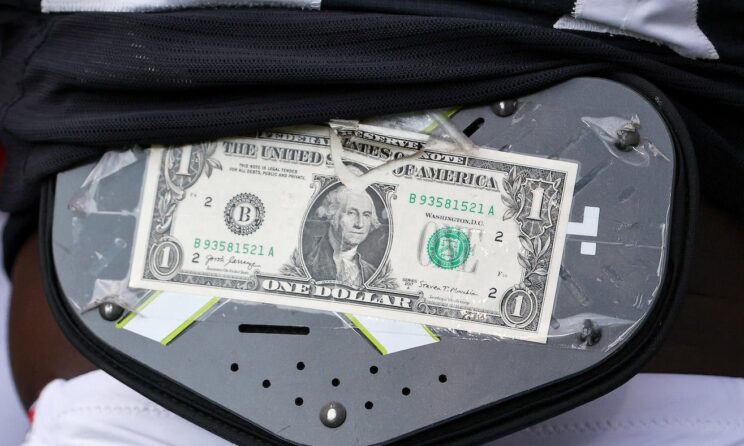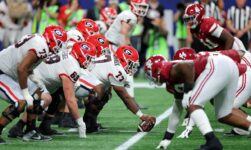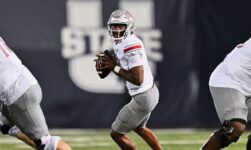
Six months ago, Gerry Cardinale stood outside a conference room at the swank Aria Resort and Casino in Las Vegas having already blown away of roomful of attendees during the annual Sports Business Journal Collegiate Athletic Forum.
During his remarks, the RedBird Capital founder and CEO expanded on his private equity firm partnering with LeBron James to bring an NBA expansion team to Las Vegas. As if that wasn’t eyebrow-raising enough, he added that private equity was ready to jump into the college sports landscape cleats first. He specifically pointed to college football being tremendously undervalued.
In terms of total revenue compared to the NFL, college football was earning five times less. In terms of media rights revenue, 10 times less.
“We should close that gap,” Cardinale insisted.
That was a bit shocking to hear from a financial wizard. Or, perhaps it shouldn’t have been. Last August, RedBird Capital led an acquisition of soccer giant AC Milan for $1.3 billion. It already has a stake in the Pittsburgh Penguins and Boston Red Sox.
There were reasons the college gap existed. Schools and athletes were constricted by NCAA rules. Athletic departments were business capitalistic enterprises overseen by a non-profit NCAA. Oil and water get along better.
But with the House v. NCAA settlement on Thursday, the infiltration of private financing into college sports became all but official as the NCAA and the Power Five conferences came to the landmark agreement. The $2.8 billion settlement has opened the door to that influence.
The proof was being laid out that day following Cardinale’s presentation. He was asked by a New York Times reporter, hypothetically, how much would Michigan football be worth as an investment by his…
..






